
We have finally hit 700 and I can honestly say thank you to everyone who has been joining me on this journey. Recommendations have been welcome from every corner of the globe whilst I have also been expanding my knowledge of the modern classics. I also want to thank you for joining me in my 'first impression' articles where I spend around 2'000 words on a book I've been analysing and write about what my very first impression of themes and plot were. It has been incredibly interesting this year since I've had a lot more time to read during lockdown and yet, I feel like I'm not exhausted or burnt out at all. I find that I've become more social in my reading - giving and receiving recommendations, people actually caring about what I think about books and I've made a ton of new friends.
At 700, I wanted to share seven reasons you should start your own reading journey and track what you've been reading, so here we go:
1) You can analyse your trends - see what you enjoy reading the most and follow that or subvert away from it and try something new
2) You can track your progress through the year - have you been challenging yourself or have you been reading easier books and why?
3) You can socialise by sharing these lists - I would personally love to see your reading journey and look to see if there is anything I have read and we can talk about it
4) You can manage your time better - using your reading journey to manage how much time you've spent reading and managing it better is something that a lot of people already like to do
5) You can feel more organised - feeling more organised always eases the reading experience since you feel like you've sorted your reading out and it makes the next experience more comfortable
6) You can check to see if there's anything you need to return to - we aren't super-humans, sometimes there are things we didn't fully understand. Having the book on a list of books you've read during the year can help track that and keep it somewhere so you don't forget to come back to it later.
7) It's fun - it is a lot of fun to track your reading journey by separating it into small journeys like twenty or thirty a time. Hopefully, when you begin your own, I can check it out for recommendations.
Without further introduction, let's begin numbers 681 through to 700!
681. Zofloya, or The Moor by Charlotte Dacre
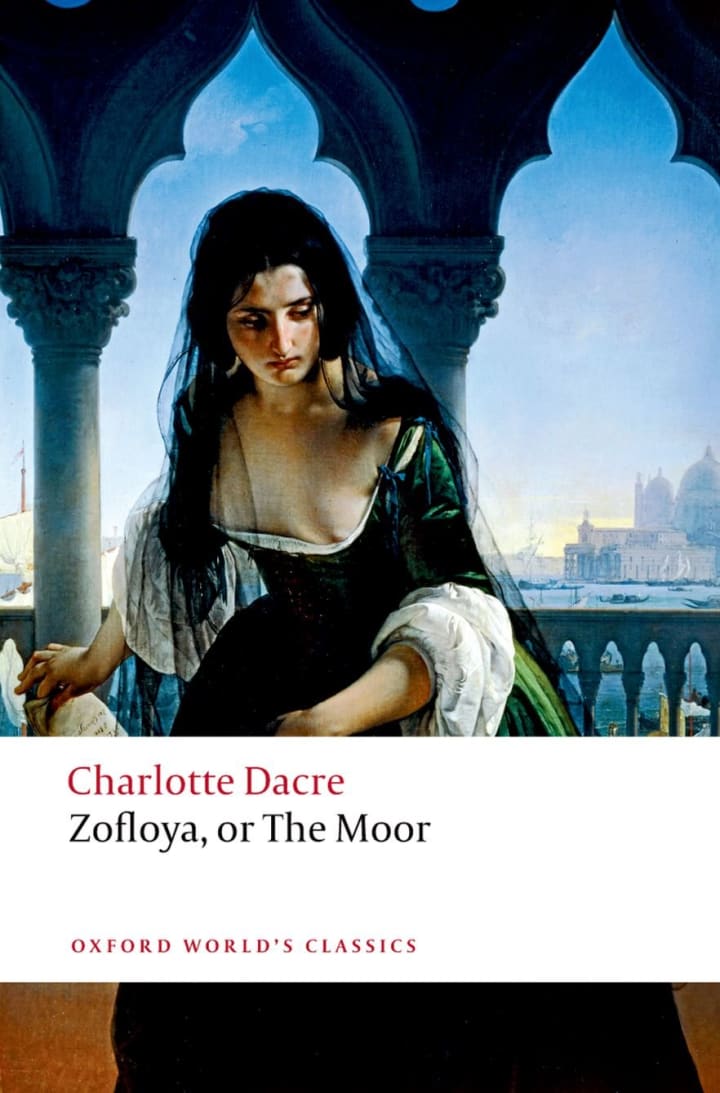
This book was amazing because it was another one of those fallen woman novels. It was about a woman called Victoria who has a life based in aristocracy and murder, crime and degeneracy. When she creates scandal over and over again, it seems her reputation cannot be saved, but when she falls in love with a servant called Zofloya, there is something even worse that may happen - she just doesn't know what it is yet.
682. The Romance of the Forest by Ann Radcliffe
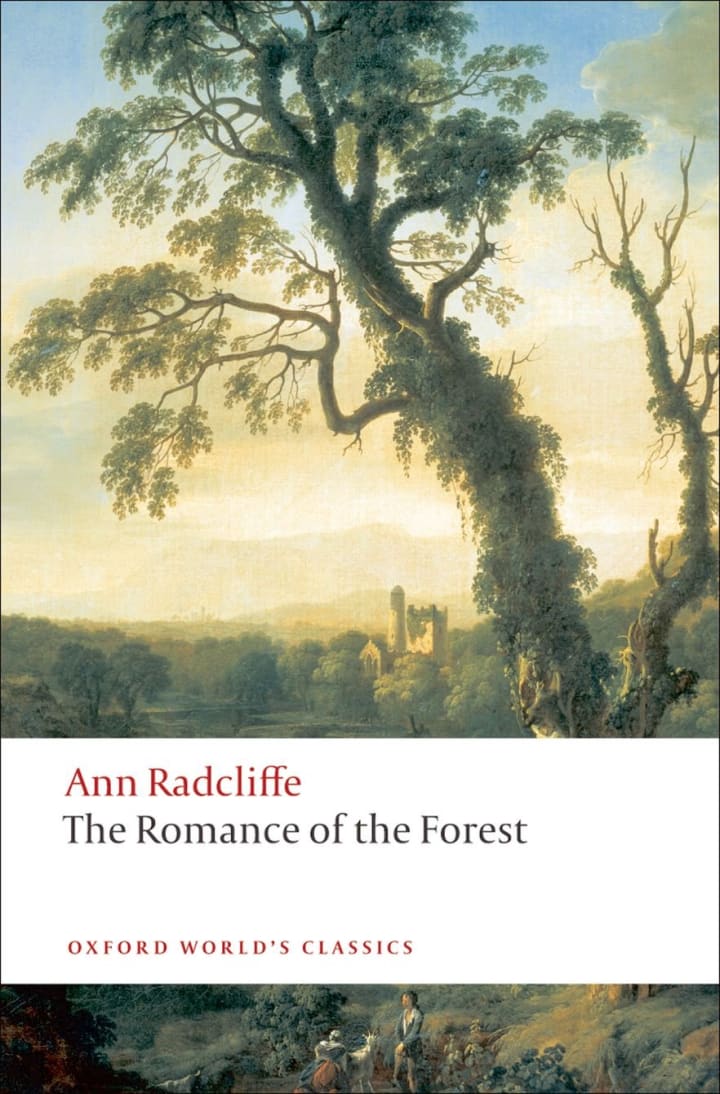
This book is written incredibly, I've always loved Ann Radcliffe's novels for their dark romantic vibe that has often made me far more immersed in the text that I first thought I would be. Adeline is trying to escape Paris and falls for a Marquis. After a while, she realises what kind of abusive relationship she's in and requires to make a snap decision before she is consumed by this new and unforgiving lifestyle. It is something incredibly twisted, but I loved it.
683. The Forsaken Inn by Anna Katherine Green
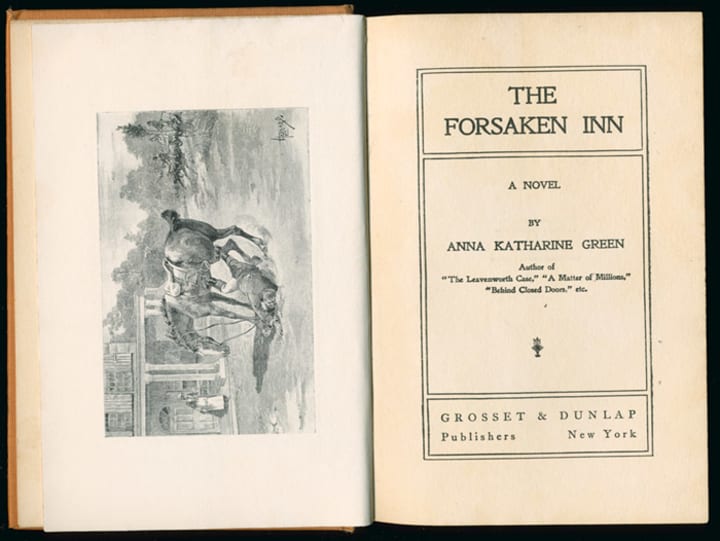
I've never even heard of this author let alone the book, all I knew is that it was free on Amazon's Kindle Store. It's a crime story about a murder, but then again it's about a haunted inn, and yet it's about a secret room that nobody can find and yet again, it's about a mysterious past and a shady future. The book is so heavy on the atmosphere that I could hardly contain my emotion. Needless to say, I was in love with this to the very end.
684. The Man Who Knew too Much by GK Chesterton
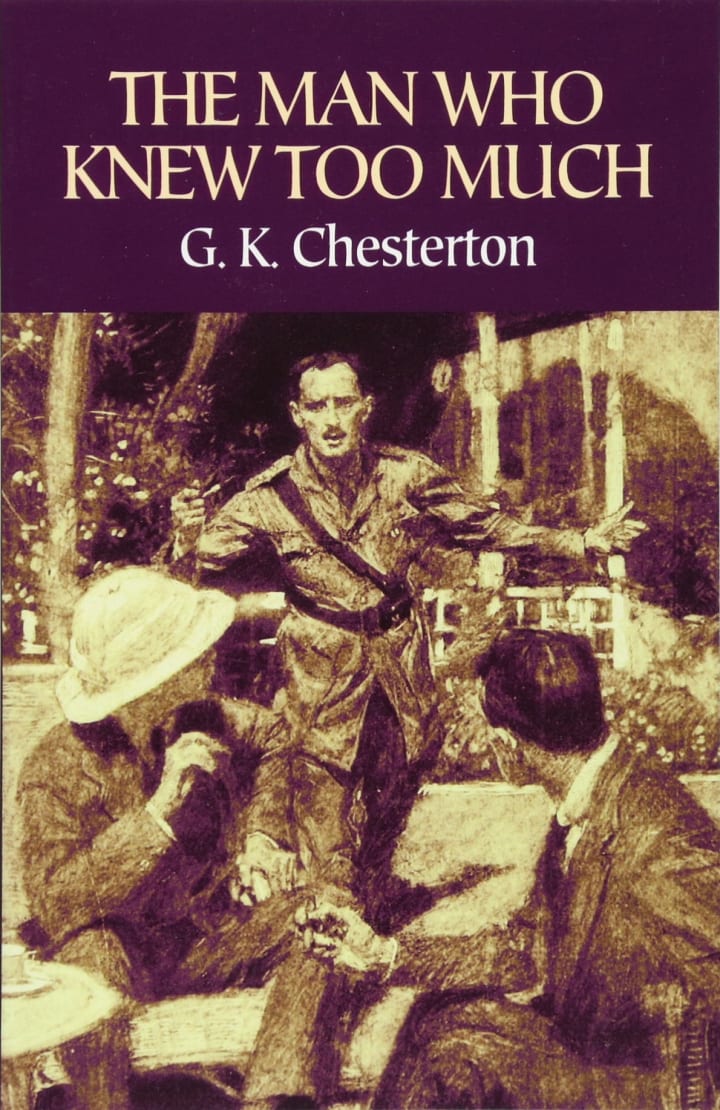
I'm going to say that I enjoyed the first film more than the second version and yet, I didn't really enjoy the book all that much in comparison. The reason being was a) I watched the first version of the film first, b) the book is written in less of a dark and bewitching style than the film is directed, c) some of the language in the book sounds a bit archaic, including some of the speech. However, the story was there and so I was happy.
685. Sybil by Benjamin Disraeli
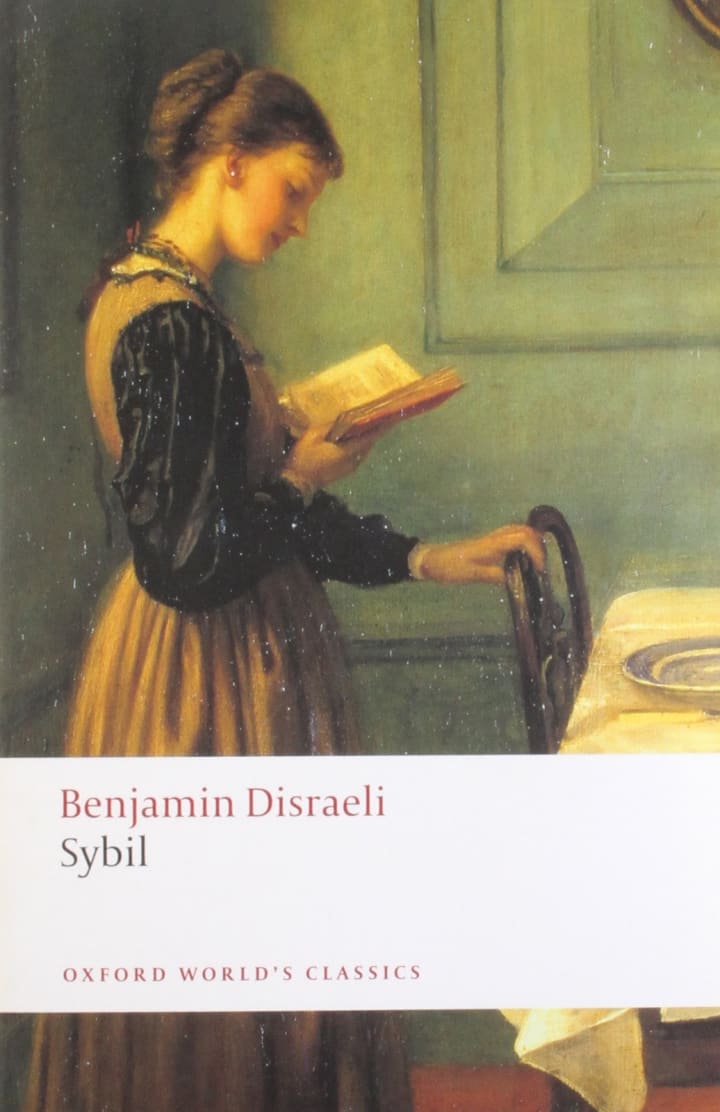
If you're going to read a book about the state and conditions concerning the English working class then please just read Dickens. This book is rather dense for a work that's supposed to be about the working class, the labourers and the poverty that is rife in England during the final period of Queen Victoria's reign. It isn't that it's a bad book - it's that it seems a bit counter-productive that it's written in a style that is not actually accessible to the working class at all and doesn't really reflect the way in which they are. You don't feel the atmosphere even though you know what the book is about. I'm going to have to skip Disraeli from now on.
686. Poems and Letters by Michelangelo
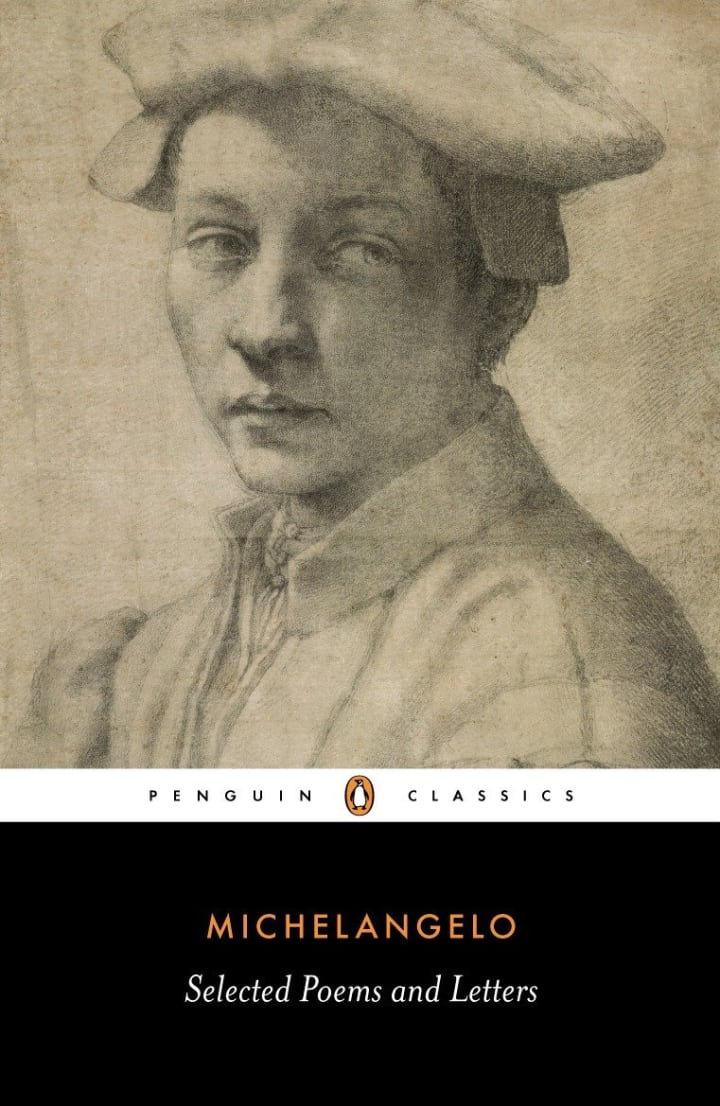
Michelangelo's poems and letters give us a great insight into his state of mind and were definitely a treat to read as someone who adores Renaissance art and architecture. He is a dark and pensive human being with a great amount of vigour and life within him. He clearly has a lot to say about the topics concerning religion, love and death - his poetry is basically this strange and slightly obscuring window into his art, his way of life and his passion. It's brilliant.
687. The Roman History: The Reign of Augustus by Cassius Dio
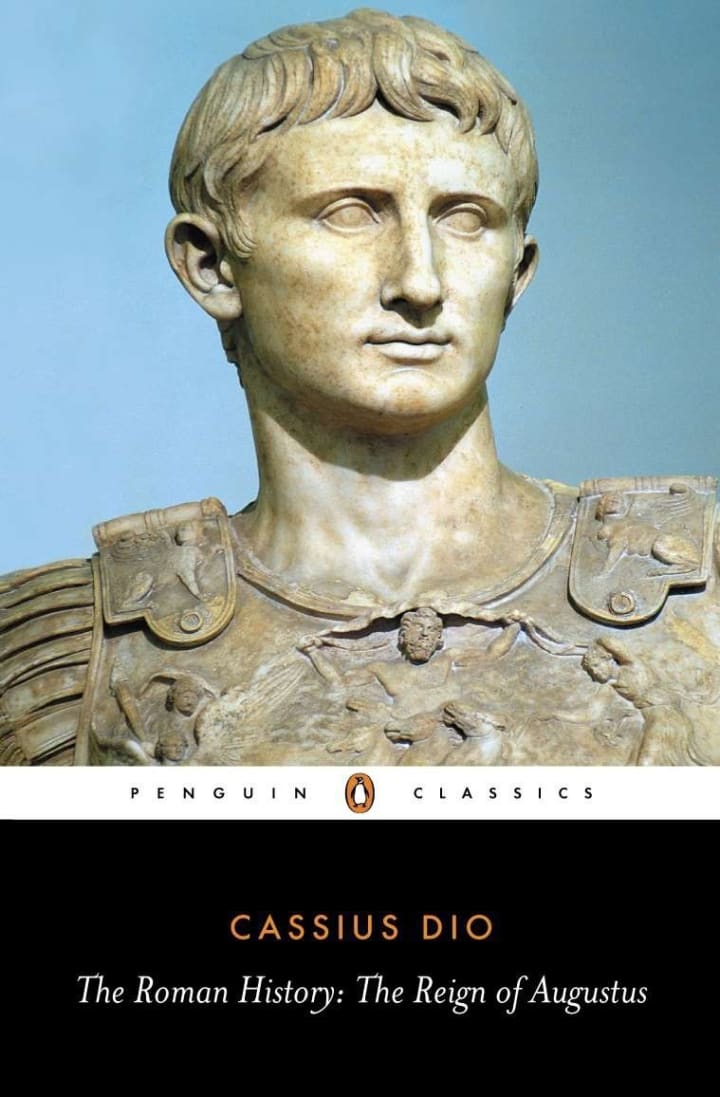
I didn't enjoy this book as much as I thought I would. Most of it was written in a way that I think you would understand more if you were living in the time of Cassius Dio. However, the content itself means that I learnt a lot of stuff I didn't previously know about Augustus - and that's difficult because of the fact I've watched quite a few documentaries and read quite a few books about him in the past. On the other hand, I think the book could've been written a bit better, it was slightly dull especially for a man like Augustus who had a shit load of personality.
689. Selected Poems by Guillaume Apollinaire
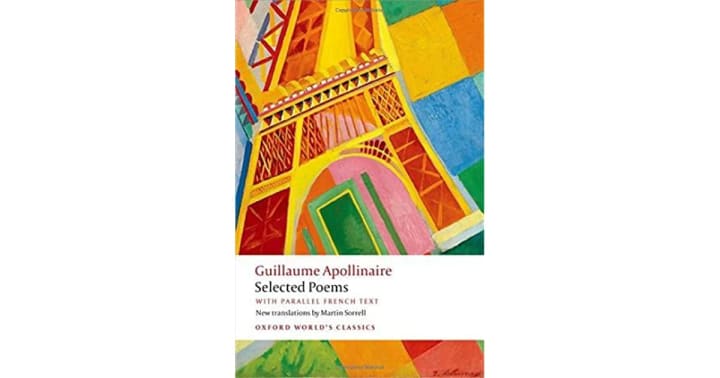
The poetry of Guillaume Apollinaire never really appealed to me at first and so, I went a very long time without even giving him a look. Recently, I made this my one random book of the week and it was fantastic. The graphic themes of death and love add to the modernity of the book and make the images of themes like violence, the past and nature overwhelmingly realistic and yet, fantastical at the same time. It's like reading the Italo Calvino of poetry.
690. Alexander Hamilton by Ron Chernow
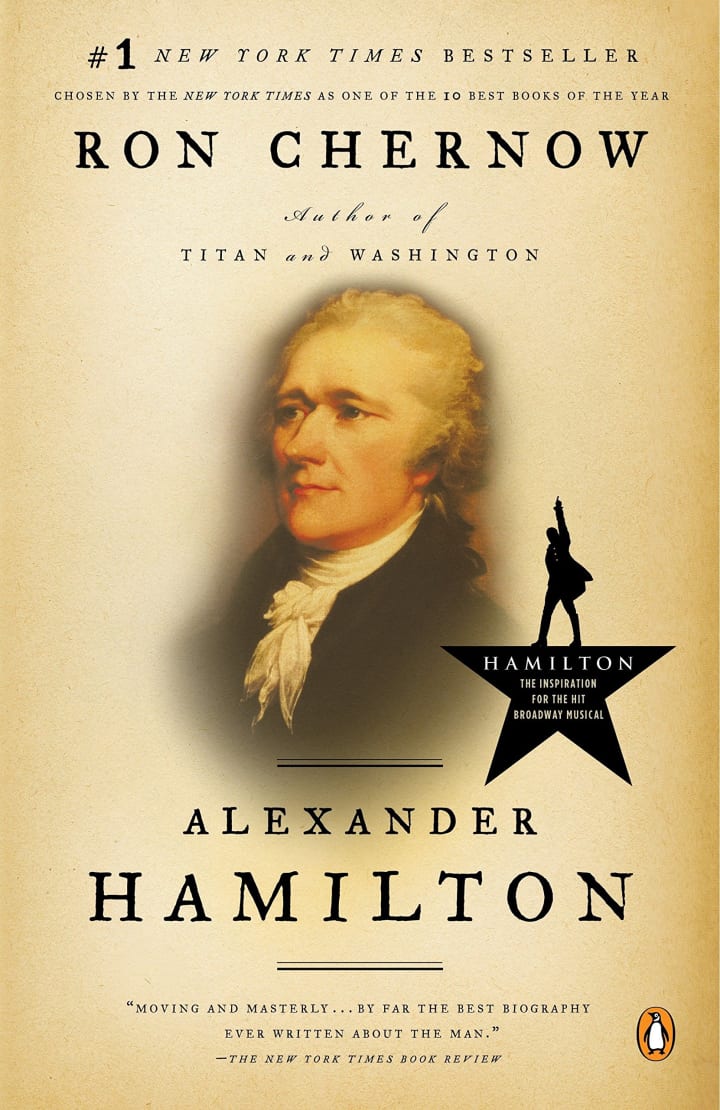
This book I was actually reading for the Penguin Publishing Read-Along on the 7th of July 2020 and honestly, even though I've never read the book or seen the musical before now, I can say that the book itself is fairly interesting. I don't think, however, I would like to see the musical of it. The book is very turbulent and violent, it's dark and gritty, it has elements of great surprise and moments of great sorrow - and even though it's a non-fiction book, you feel like it makes a magnificent story. But as you know predictable me, I'll stick with just the book. I've read a bit of Ron Chernow before and he's always been a great author to me.
691. Père Goriot by Honore de Balzac
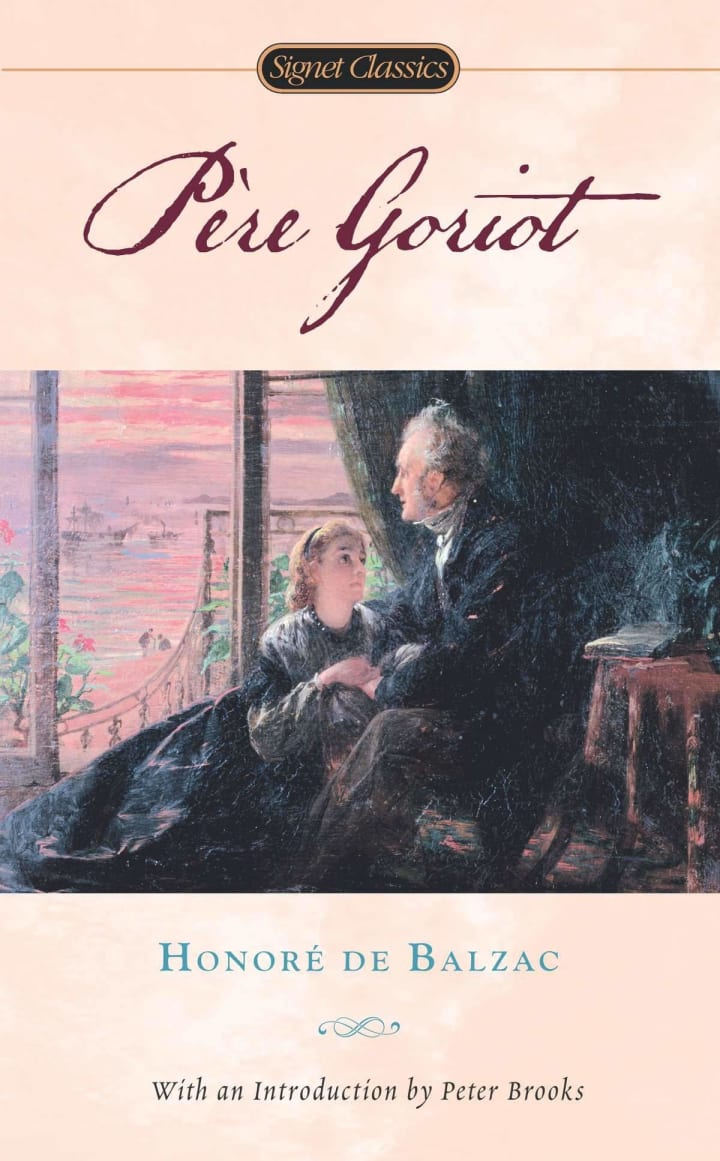
This book surprised me because for a long time, I've always been on the fence with Balzac, and you'll probably notice that from these articles. Previously, books I've read by him have given me mixed emotions and such - but not this one. This one is by far my favourite Balzac novel because the realism and the stark human emotions give great additions to what is a very Shakespearean-esque tragedy in the style of something along the lines of King Lear. It's about a man wishing to give his two daughters everything, and that is only the beginning of what sends him into complete ruin. Then, there's two strange and polar opposite men who walk into his life and sit back to watch the tragedy unfold as supplementary characters to this inevitable mess of life and existentialism.
692. The Blotting Book by EF Benson
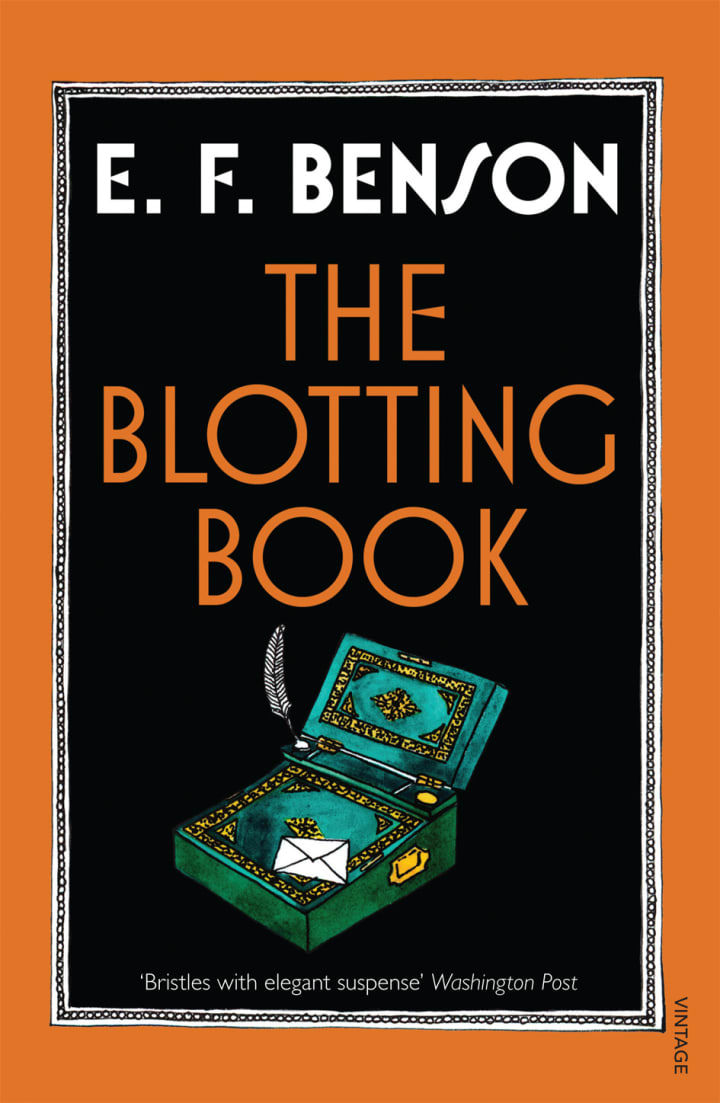
I didn't realise that I would like something novel-length by EF Benson as I had only read shorter things by him. However, this book I enjoyed so much I couldn't put it down until it was all completely over. A wedding is taking place and when scandal erupts as some serious shit is found out about the bride, a dead body is found - it's the father of the groom - now everyone's wondering who did it and whether this couple will actually ever get married at all since it was the father of the groom who called it off. Written with gothic brilliance an attention to detail that makes it very Sherlock Holmes-esque, this book was a brilliant early crime thriller and you would never actually guess how the ending worked even if you tried.
693. Selected Letters by Seneca the Younger
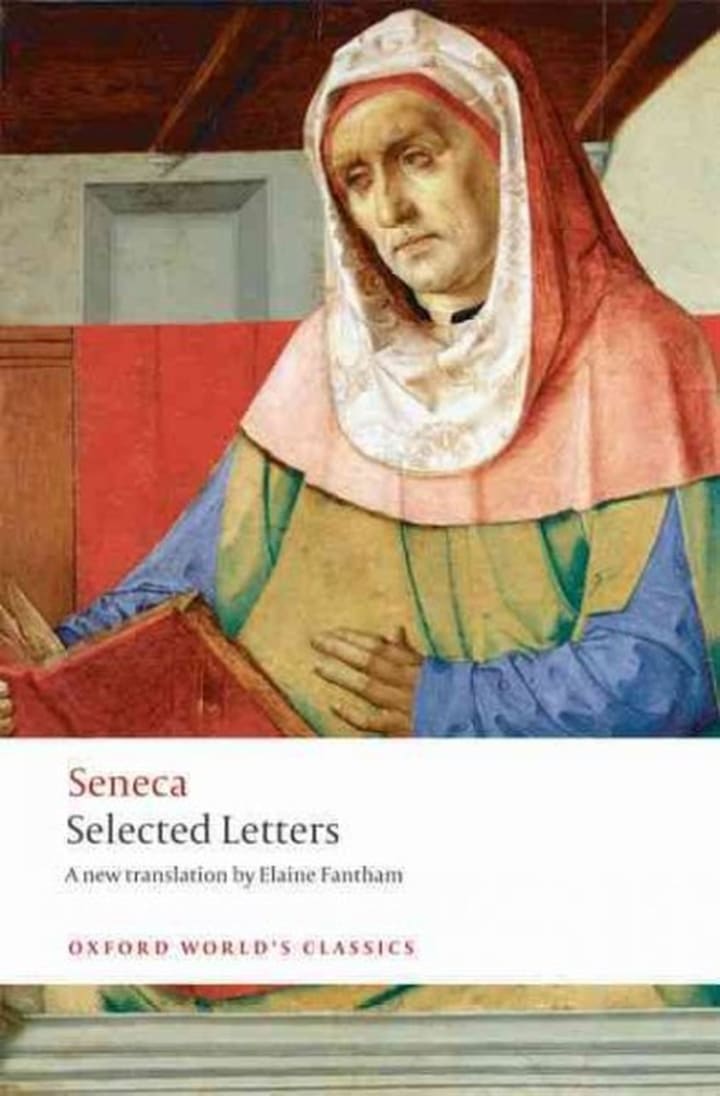
Previously, I have read Seneca's tragedies and enjoyed the stoic ways of the philosopher worked into the dramas of his day. One thing I enjoyed seeing was how the philosophy works in practice because stoic philosophy has to be lived in order to work. What I found in the letters is something much more authentic than any drama, here we have a man teaching people how to follow stoicism, by example, he tells them about how stoicism will save their lives, make them more satisfied with life and make them able to endure great pains with ease. It kind of reminded me of some aspects of Marcus Aurelius and his "Meditations".
694. Carmen and Other Stories by Prosper Merimee
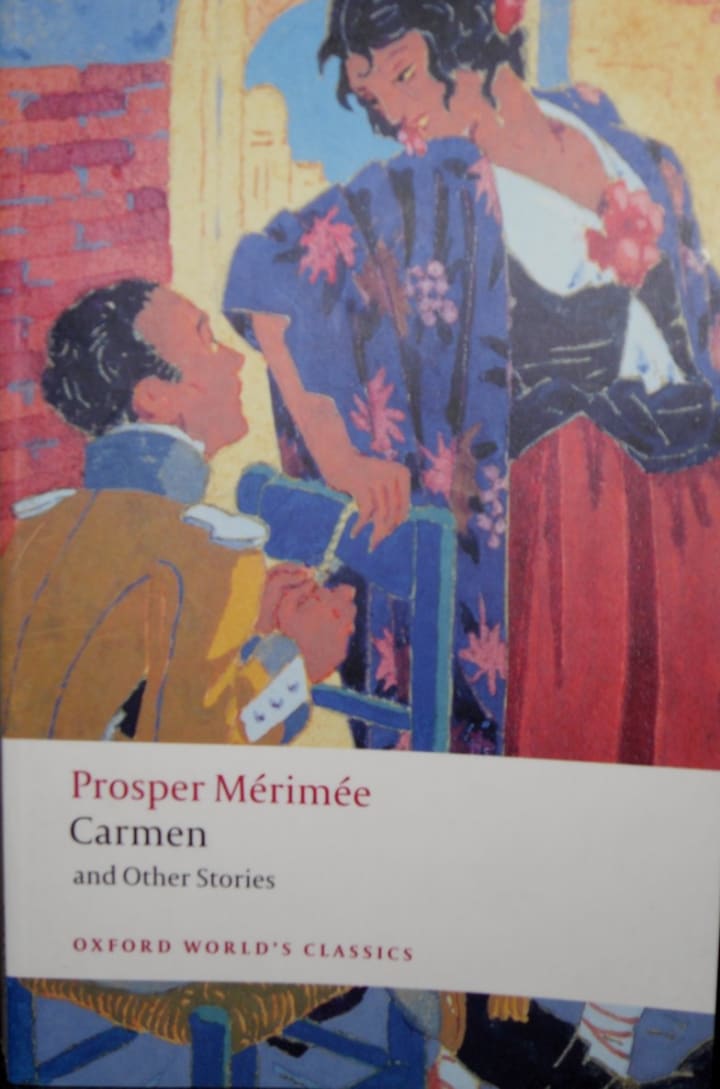
These are basically like outlaw love stories. One thing I enjoyed is that there are always aspects of mystery to the stories - there's sometimes some woman that a man wants but he doesn't really know much about her, there's a man on the run from the law because he's some kind of bandit and there's people who suspect other people of things like infidelity, betrayal etc. But the best thing about this book is "Carmen" that serves as the basis and inspiration for Bizet's incredible opera.
695. Flowers for Algernon by Daniel Keyes
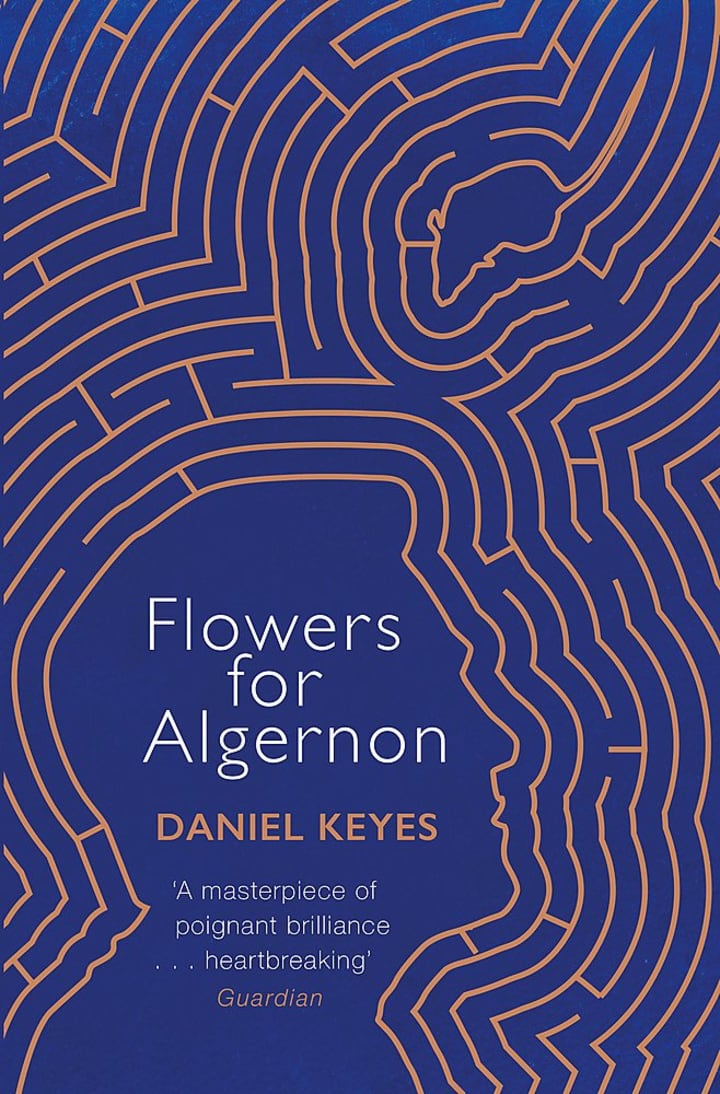
I was initially very confused about this book because I'm going to be perfectly honest - I didn't read a blurb about it before I bought it. It was set to be my one random book and yet, I was so utterly confused because it's written as a diary and at the beginning of the book, our narrator can just about string a complete sentence together. As the book progresses, he becomes smarter and smarter, able to spell and use shockingly good vocabulary thanks to an experiment by a doctor. But when the test mouse dies, there's something that tells our narrator that whatever it is, it's only temporary. He gets super existential from then on.
696. Selected Letters by Charlotte Bronte
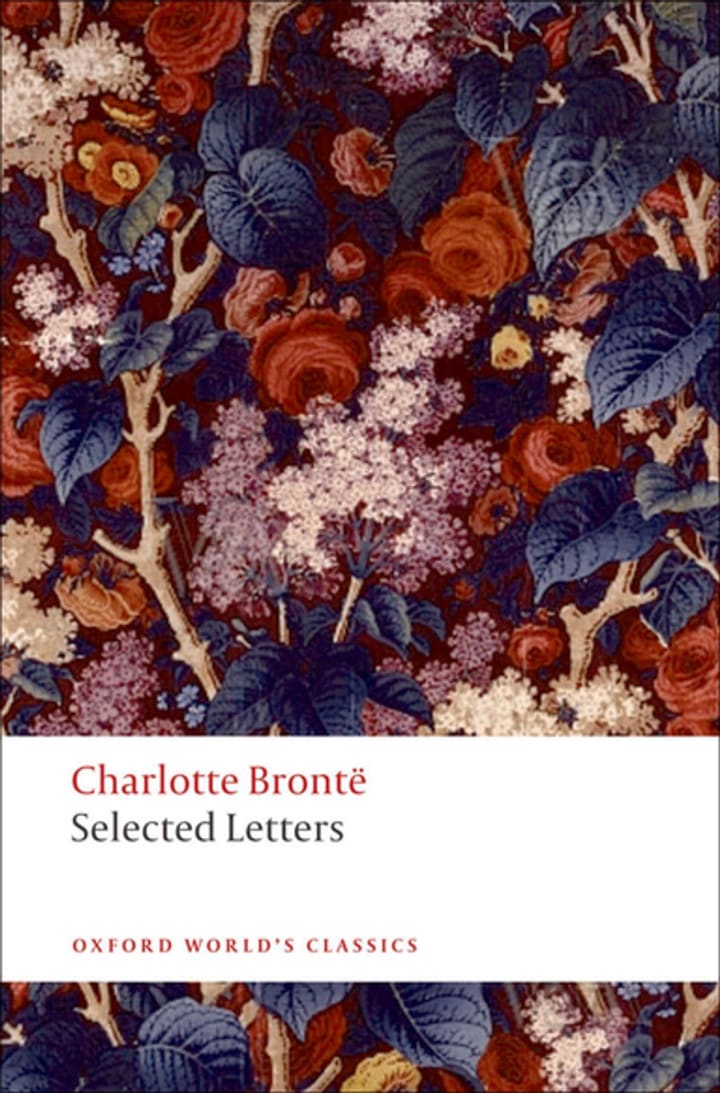
The letters of Charlotte Bronte are astounding to read, you can definitely see the autobiographical aspects that she drew on for "Jane Eyre" as she describes her grief in the years from 1848 to 1850 as her family members dies one by one - first Branwell, then Emily and then finally, Anne. It is absolutely heartbreaking to read a diary which practically goes up to Charlotte Bronte's own death and so, when we keep this in mind we keep thinking about whether she was aware she would follow her siblings and perish young.
697. Accordion Crimes by Annie Proulx
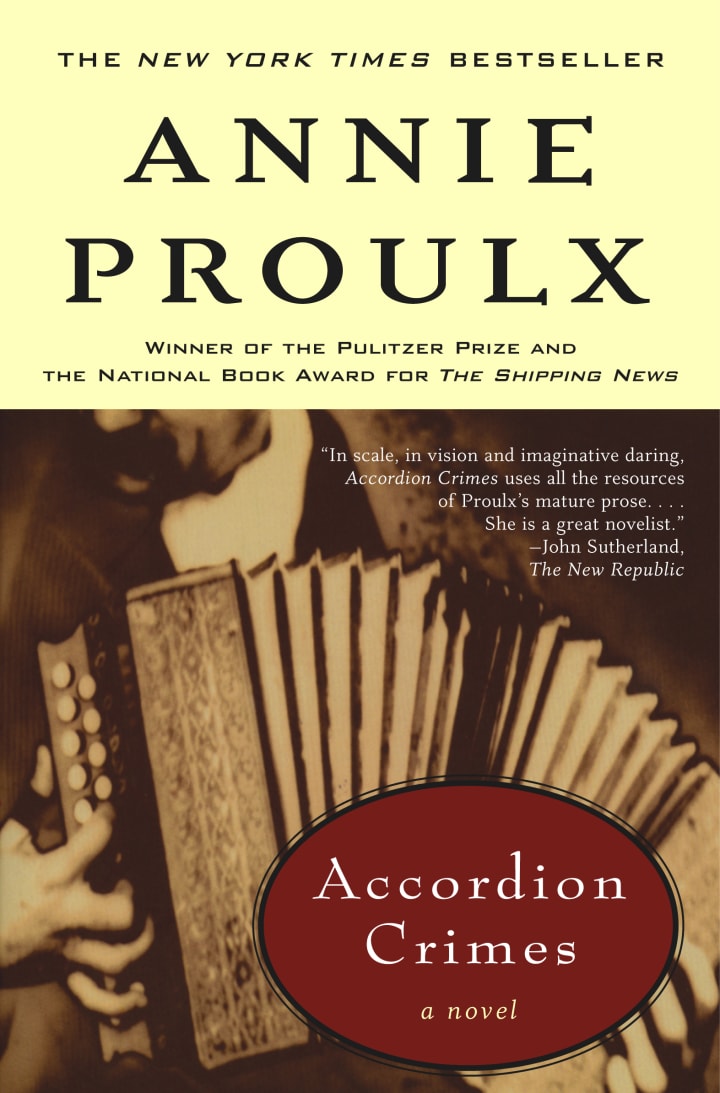
This is one of the many books by Annie Proulx that has completely captured my soul. It is about an accordion made by a Sicilian Man who has a dream of going to America, but before his dream can be realised, something tragic happens. The accordion then takes a journey through different people in different parts of the world - including America. It represents the importance of music for human connection and over the years, its importance changes. It's truly a beautiful book.
698. Leviathan by Thomas Hobbes
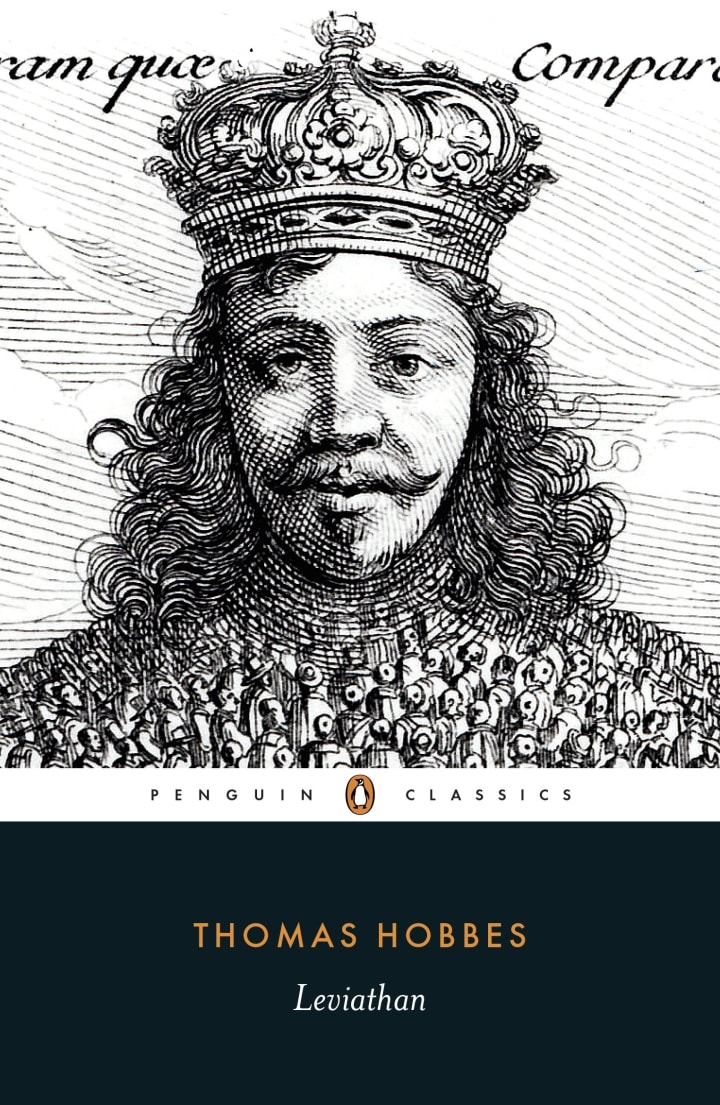
I wasn't sure about the arguments made in this book at first, but as I read on I could definitely see where he was coming from. Thomas Hobbes argues that a regime for regency is required in order to keep law and order. Now that may seem a bit outdated now, but if you think about the time in which Thomas Hobbes was living - it would've been a requirement as the royal family still had what was called the 'divine right' and so, getting rid of this would be on equals with getting rid of the House of Commons today. Well written but often misunderstood, it is a puzzling book.
699. Eugenie Grandet by Honore de Balzac
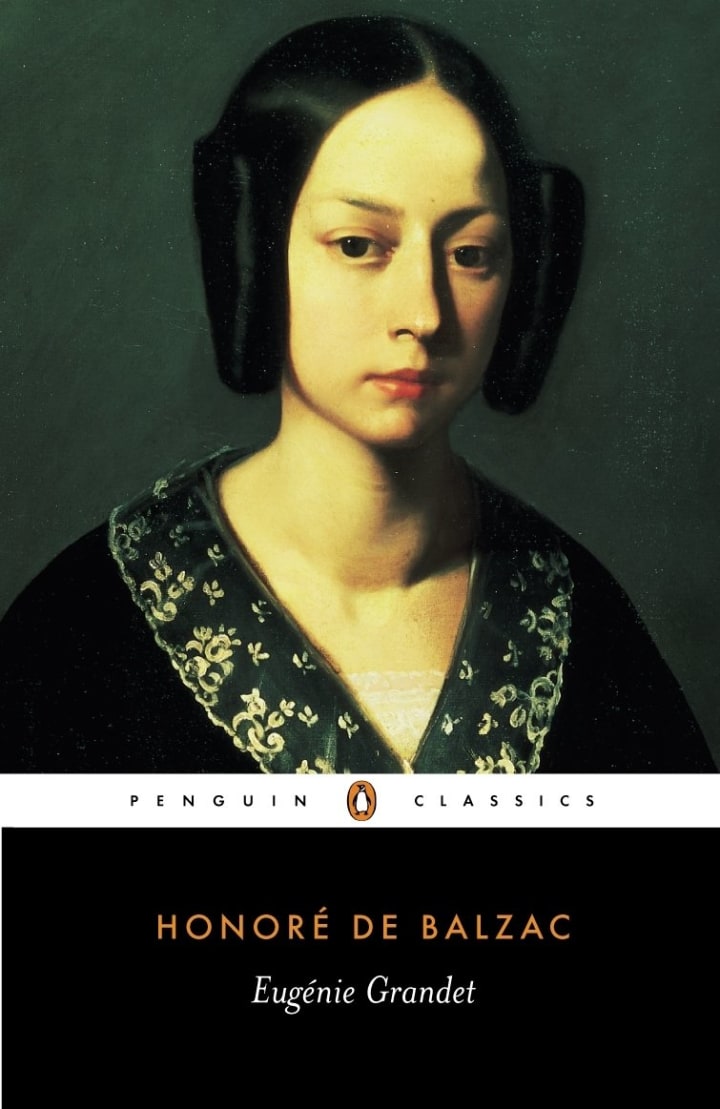
I have been trying to read more Balzac as you can probably tell, throughout my teens I pretty much missed him as an author and only ended up reading "Lost Illusions" when I was sixteen. Recently, I read "Pere Goriot" and wondered what I had been missing all these years - it was amazing. And so was this. About a man who climbs the social ladder within his own community, it shows the strangeness of his marriage, the wilderness of the soul of his maid and the various things in life he gains and, thanks to Napoleon, he loses. The ending is a messed up realism of someone wanting to keep it for themselves.
700. Travels in England in 1782 by Karl Philipp Moritz
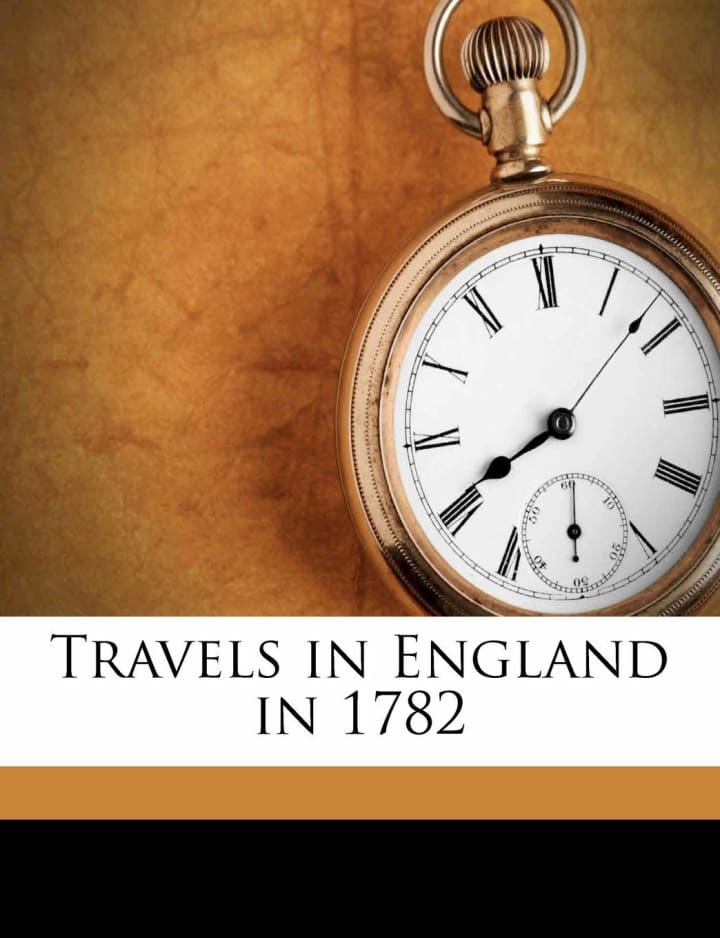
The way Moritz talks about England during the shift to the modern is actually very accurate even though it is opinion-based. It shows that for the poorer classes and those who run inns and rent out rooms, life is angering and can often be unpredictable, causing them to always be on edge. The 'bad treatment' that Moritz is actually referring to is the overly careful nature of the inn-keepers. But, when Moritz talks about the English People, there is often some sarcasm, but mostly positivity hidden beneath the surface of his statements.
About the Creator
Annie Kapur
200K+ Reads on Vocal.
English Lecturer
🎓Literature & Writing (B.A)
🎓Film & Writing (M.A)
🎓Secondary English Education (PgDipEd) (QTS)
📍Birmingham, UK


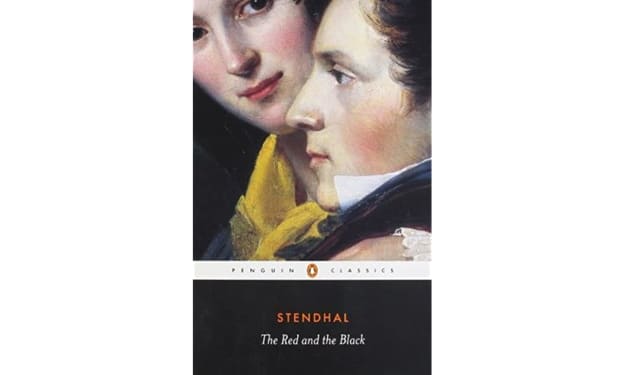



Comments
There are no comments for this story
Be the first to respond and start the conversation.